The UK must launch an independent investigation into its alleged role in the CIA torture programme, according to the United Nations legal expert who unearthed evidence that the British territory of Diego Garcia was used as a “black site” to hold detainees.
Professor Manfred Nowak, who between 2004 and 2010 served as the UN special rapporteur on torture, told the Observer that the publication earlier this month of a 500-page US Senate report into the CIA’s torture programme meant the role played by EU member states would finally come out.
“For a long time, European states have argued that they are not able to reveal any information because they have promised full confidentiality to the US,” Nowak said. “Since these 500 pages have been released, this argument no longer holds true.”
Nowak said the UK, like other European states, would have no choice, ultimately, but to acknowledge the role it had played in the programme when the US eventually published the full 6,000 or so pages examined by the Senate intelligence committee in preparation for the report’s publication. “The time will come for the US to release the full report,” he said. “European states such as Poland, Romania, Lithuania, Germany or UK that were one way or the other cooperating with the CIA will have to carry out independent investigations.”
His comments came as the Crown Prosecution Service confirmed that it was now in possession of enough material to consider whether charges should be brought in the case of two men rendered to Libya with the apparent help of MI6.
Nowak said that, in addition to further criminal cases on the back of the report’s publication, he anticipated that a flurry of civil cases would be launched. “Then we will see to what extent President Obama would still be willing to use the state secrecy privilege to stop the civil litigation,” he said.
In his role for the UN, Nowak gathered evidence that the US held detainees on the British overseas territory of Diego Garcia. This contradicts repeated assurances given by both the Labour and coalition governments that the territory was used only as a refuelling site by CIA rendition planes on two occasions.
“We had clear indications that it was more than just refuelling, that people had been held there,” Nowak said. “Some people [who were interviewed] were talking about ships and others about Diego Garcia itself.”
He expressed frustration that the Senate report contained no references to Diego Garcia and said that the UK government should not renew an agreement allowing the US to use the Indian Ocean atoll as a military base until the full facts of what had happened there had been established.
“It is a very good argument that what happened should be made transparent before these political decisions are taken,” Nowak said.
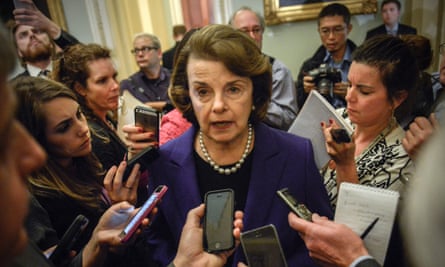
There is speculation that the Senate committee omitted relevant sections relating to Diego Garcia following lobbying from UK government officials. In an email, a spokesman for the committee chair, Senator Dianne Feinstein, told the Observer: “Senator Feinstein, individually and with the intelligence committee, has met many times in recent years with British government officials, including multiple meetings with the British intelligence and security committee of parliament. These meetings are part of the close intelligence and national-security relationship that our nations have. These meetings did not focus on the content or process of the committee’s investigation of the CIA detention and interrogation program and the topic rarely if ever came up. I can add that Diego Garcia does not appear in the report, including redacted portions of the report.”
However, the Senate committee considered more than 6,000 pages before deciding what could be published, raising questions about whether entire sections relating to the CIA’s torture programme in overseas territories were excluded to protect the confidentiality of US allies.
When pressed on whether the committee discussed Diego Garcia with British officials or MPs and whether references to the territory were then pulled from what was eventually published, the spokesman for Feinstein responded: “What I sent earlier is the only comment I have.”
It has been alleged that the US – with MI6 help – sought to render a Libyan dissident, Abdel Hakim Belhaj, an opponent of Colonel Muammar Gaddafi via Diego Garcia in 2004.
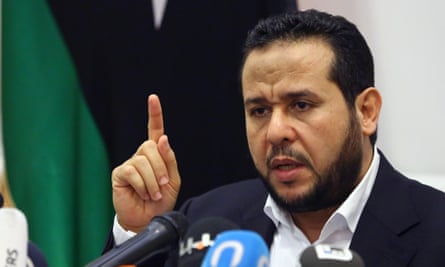
A Metropolitan police investigation, codenamed Operation Lydd, has been investigating the alleged role played by British officials in the operation. Now it has emerged that the investigation has taken a significant step forward.
A Crown Prosecution Service spokesman said: “On 16 December 2014, the CPS received a file of evidence from the Metropolitan police investigating two specific cases of alleged rendition of named individuals to Libya and their alleged ill-treatment. There are a small number of further investigative tasks which require completion, but we are now in a position to begin considering the material with a view to making a charging decision in due course.”
Detectives handed the CPS some initial material in June but this was not sufficient for prosecutors to decide whether anyone should be charged. The CPS spokesman said: “The police investigation has lasted almost three years and has produced a large amount of material. These are complex allegations that will require careful consideration, but we will aim to complete our decision making as soon as is practicably possible.”
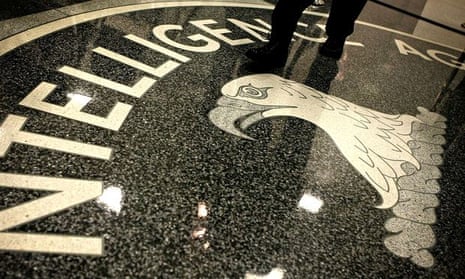
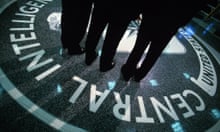
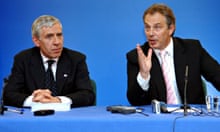
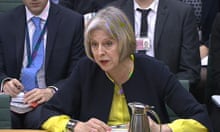
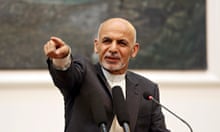
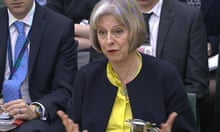
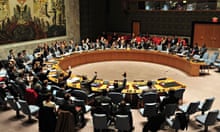

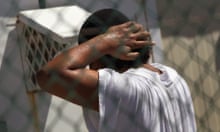


Comments (…)
Sign in or create your Guardian account to join the discussion